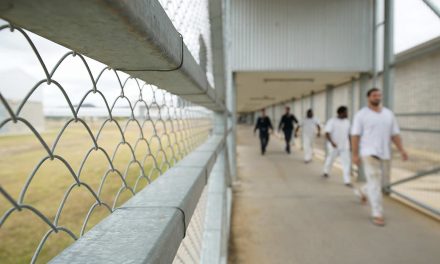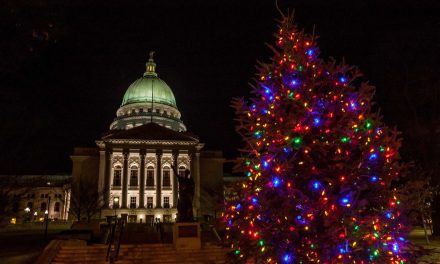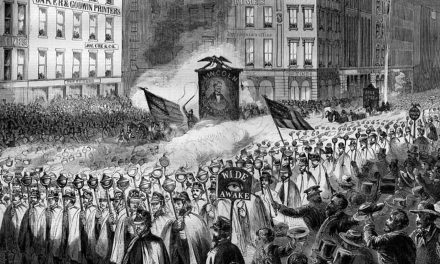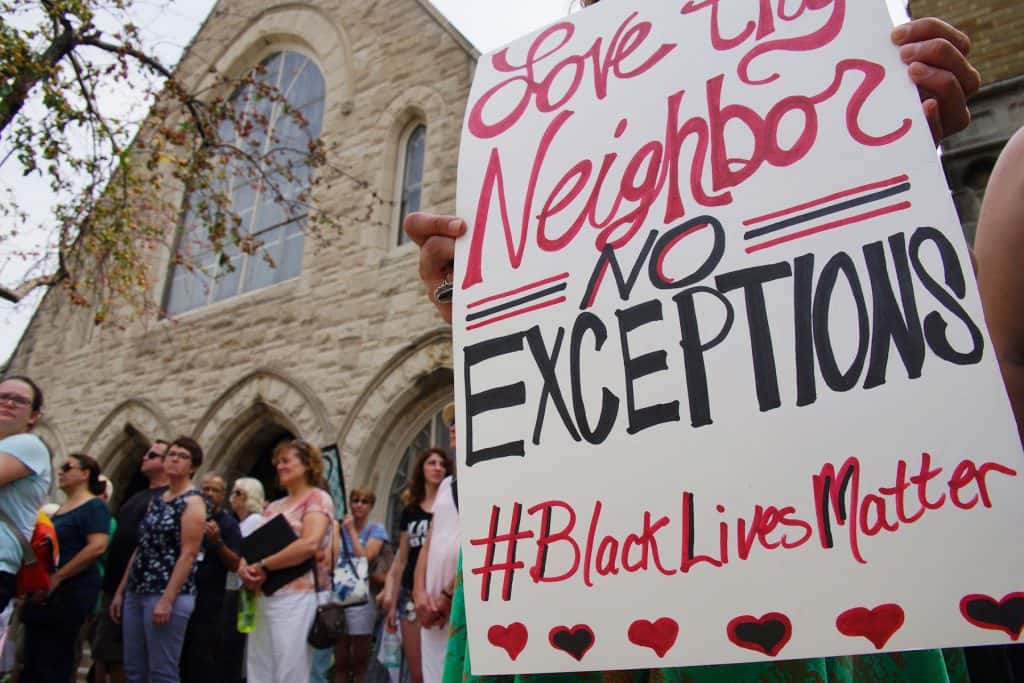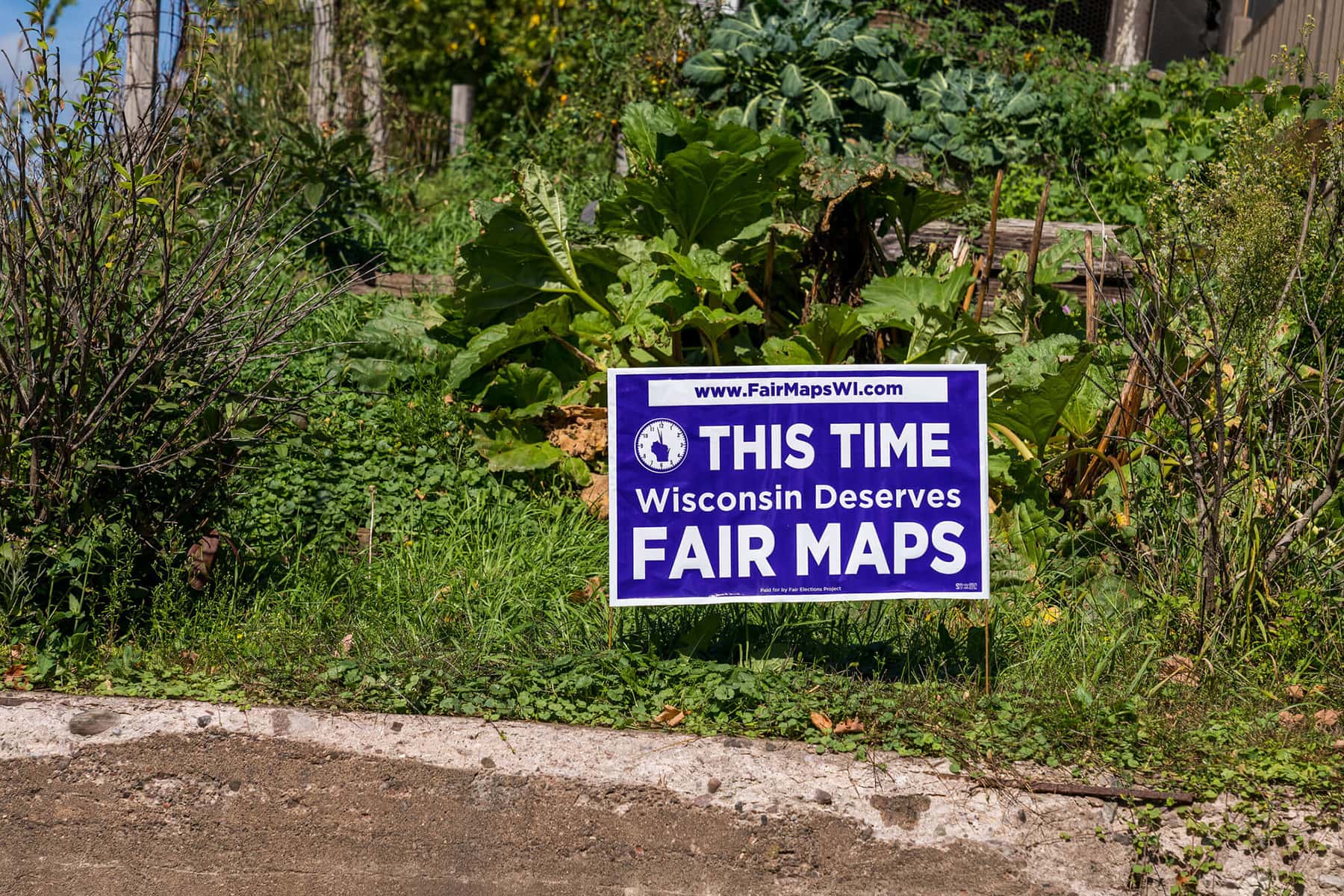
The legal wrangling in multiple lawsuits brought by liberal and conservatives groups has intensified in recent days as activists fight over how the state’s new legislative districts will be drawn and who will draw them.
Several lawsuits have already been filed in state and federal court in anticipation of Governor Tony Evers and the Republican-led Legislature failing to reach an agreement on the new maps, which must be ready in time for candidates to file for next fall’s elections. Recently, the Wisconsin Elections Commission (WEC) filed a response to a lawsuit brought by the conservative legal firm, the Wisconsin Institute for Law & Liberty (WILL), in the state Supreme Court.
WILL’s lawsuit asks the Supreme Court, which has a 4-3 conservative majority, to take up the redistricting issue immediately rather than let it play out in lower courts. WILL wants the court, which includes members who are longtime supporters of the right-leaning organization, to declare the current maps unconstitutional and draw new ones — but leave the dividing lines, which currently benefit Republican candidates, largely unchanged. On September 3, WEC responded by saying the Supreme Court is not the proper venue for such a complex case to start and should first go through a trial court.
This Court has long held that original actions are appropriate for legal questions, not complex fact-finding,” the WEC response states. “Yet that is exactly what this case would require. Overseeing this original action would involve intensive discovery and discovery disputes, frequent and rapid motion practice, voluminous disputed factual submissions, pretrial maneuvering, and a multi-day trial. The decision itself would also be factually and legally complicated. Evaluating, selecting, and drawing a reconfigured map would require detailed facts, specialized software, and expert analysis. This Court is not designed to take-on these complicated fact-finding and logistical issues. Therefore, this Court should deny the petition for original action.”
In previous redistricting lawsuits, the Supreme Court has shied away from the role WILL is asking it to play, but has not ruled out the possibility. Two lawsuits have also been filed in federal court by liberal groups and the Democratic Party of Wisconsin. In one of those lawsuits, brought by progressive legal outfit Law Forward on behalf of several voters and advocacy organizations, a new motion was filed on September 7 alleging that the current maps violate the federal Voting Rights Act and weaken the political power of Black voters in and around Milwaukee.
The suit states that Black voters are kept from electing their preferred candidates through a process it calls “packing and cracking.” Black, mostly Democratic, voters are either packed into a handful of majority Black districts or drawn into districts that make them a small minority in majority white districts, the lawsuit alleges. This process, the motion states, has harmed Black voters in the six Milwaukee-area districts with Black representatives and the few Republican-held districts with small Black populations.
“Wisconsin Act 43 created six Assembly districts that have a majority Black voting age population in the Milwaukee area,” the motion states. “Those districts are heavily Black and pack the vast majority of Milwaukee’s Black population in them, while at the same time leaving other Black voters, including those in Milwaukee wards 33 and 34, and the Village of Brown Deer, cracked in districts featuring white bloc voting against minority preferred candidates.”
The suit also points to the low amount of Black political representation in the state’s largest city in relation to the size of its Black population — current Milwaukee County Executive David Crowley is the first Black man to hold that position and a Black candidate has never been elected as the city’s mayor.
“Although some Black candidates have had success in winning office in the Milwaukee area, most positions – outside of BVAP majority districts – are not held by Black people, and the number of Black officeholders has been far below the number proportional to the Black population in recent and past history,” the lawsuit states. “These and other factors demonstrate that the totality of circumstances show that Black voters have less opportunity than other voters to participate in the political process and elect their candidates of choice.”
As the partisan fight over the state’s new maps continues in the courts, the state’s voters continue to show they want maps that are less tilted than the ones Republicans drew in 2010. In a recently released poll of 410 Wisconsin voters, 87% opposed drawing districts that favor one party or another — including 60% of Republicans saying it would be a “major problem” if districts are gerrymandered.
“The numbers from this poll further support what we’ve been saying for years: a supermajority of Wisconsinites want an open, fair, and transparent redistricting process,” Sachin Chheda, director of the Fair Elections Project, said in a statement. “From Bayfield to Bay View, Republicans, Democrats, and Independents are all concerned about the next ten years in our state, and they oppose any attempt to rig the outcome of our elections.”
Hеnry Rеdmаn
Tоny Wеbstеr
Originally published on the Wisconsin Examiner as Court battles over Wisconsin redistricting heat up
Donate: Wisconsin Examiner
Help spread Wisconsin news, relentless reporting, unheard voices, and untold stories. Make a difference with a tax-deductible contribution to the Wisconsin Examiner

